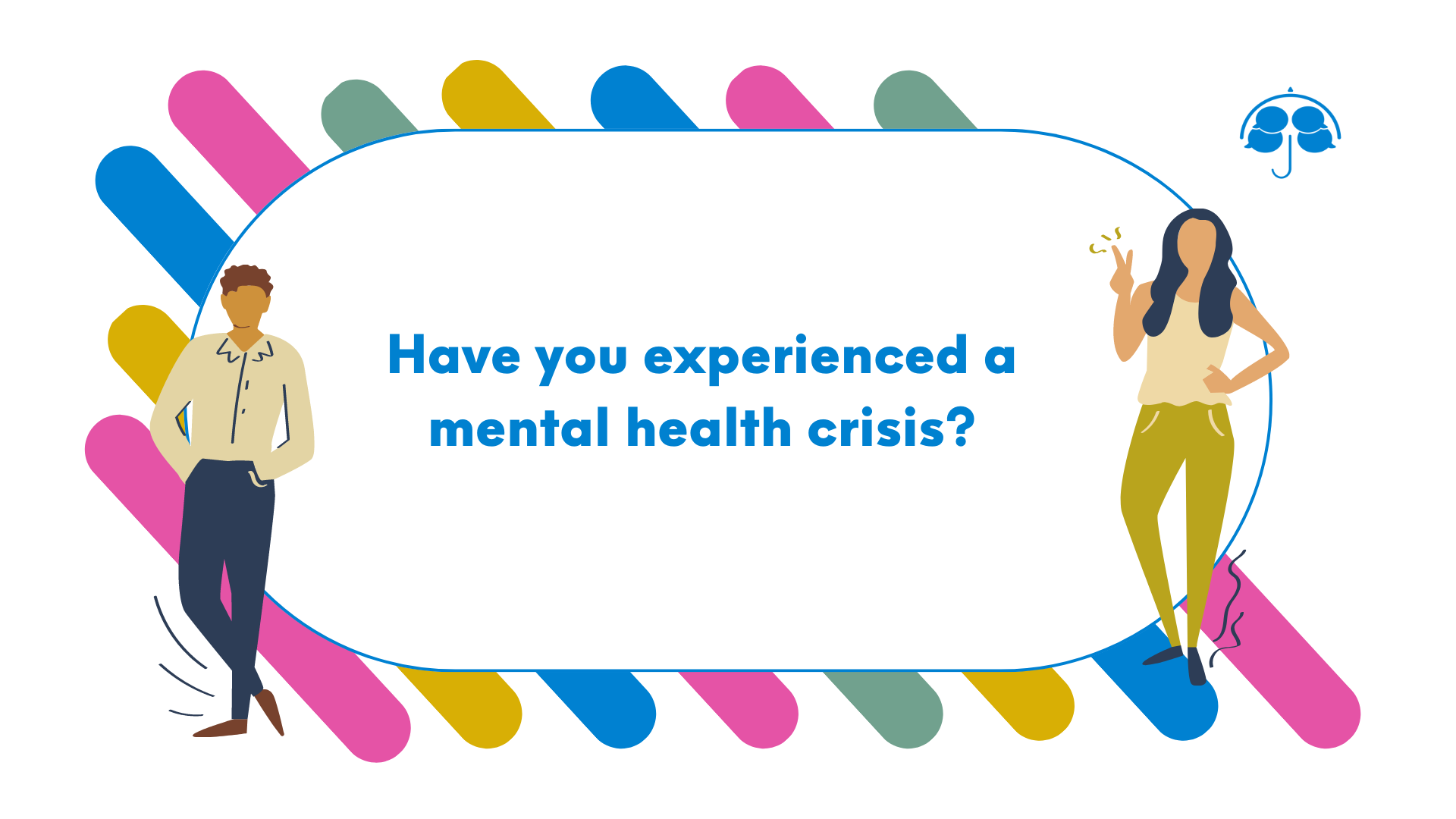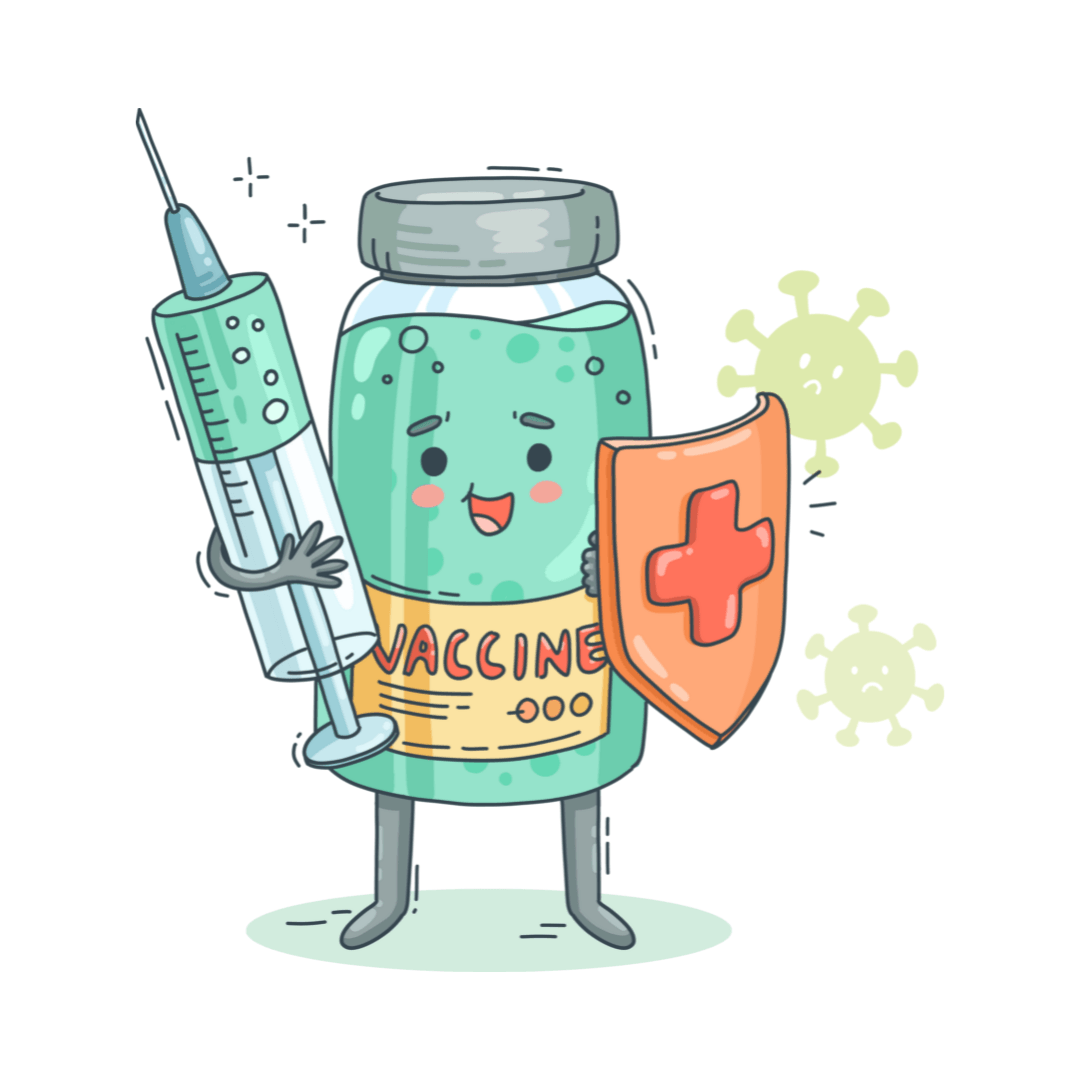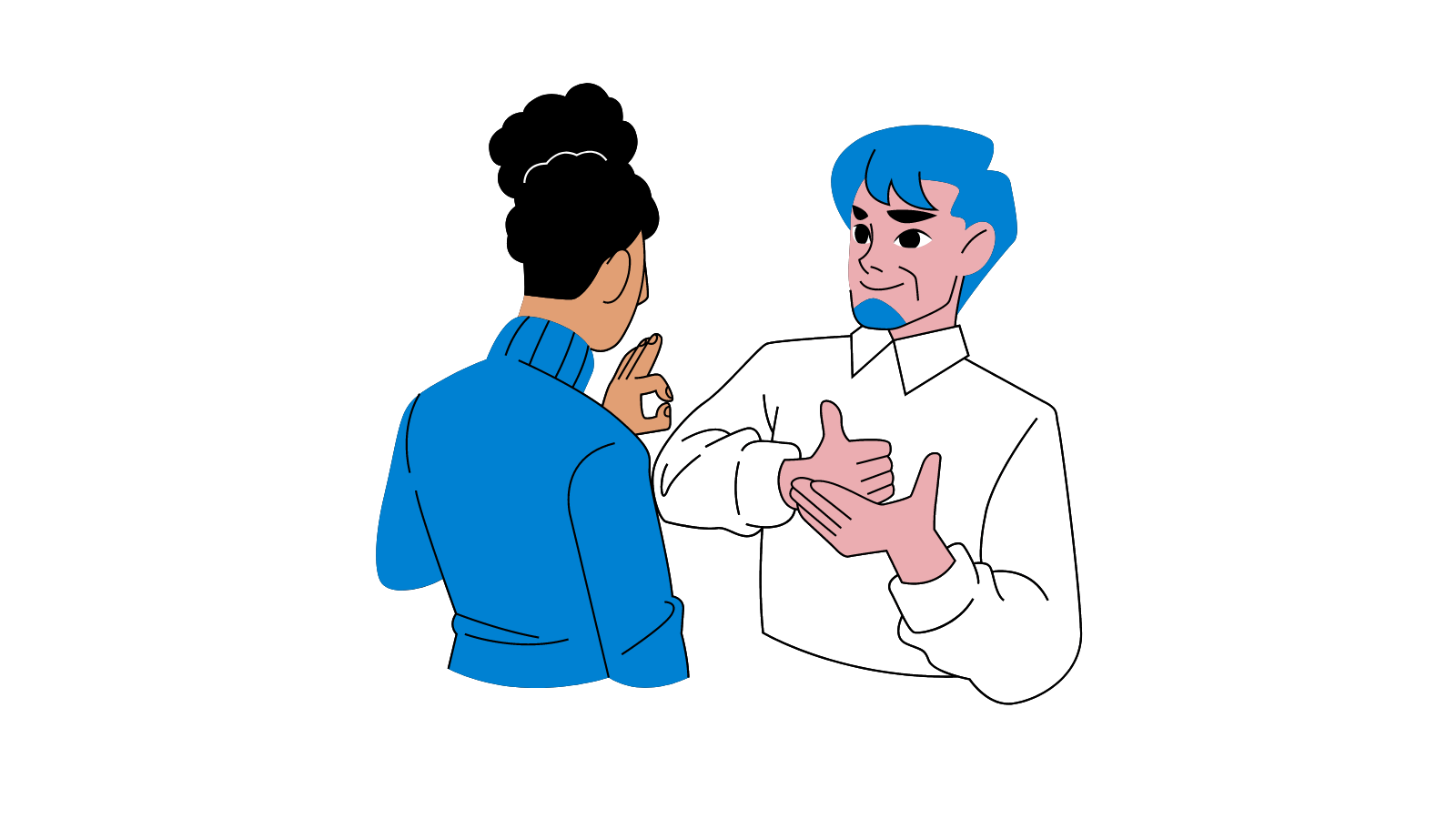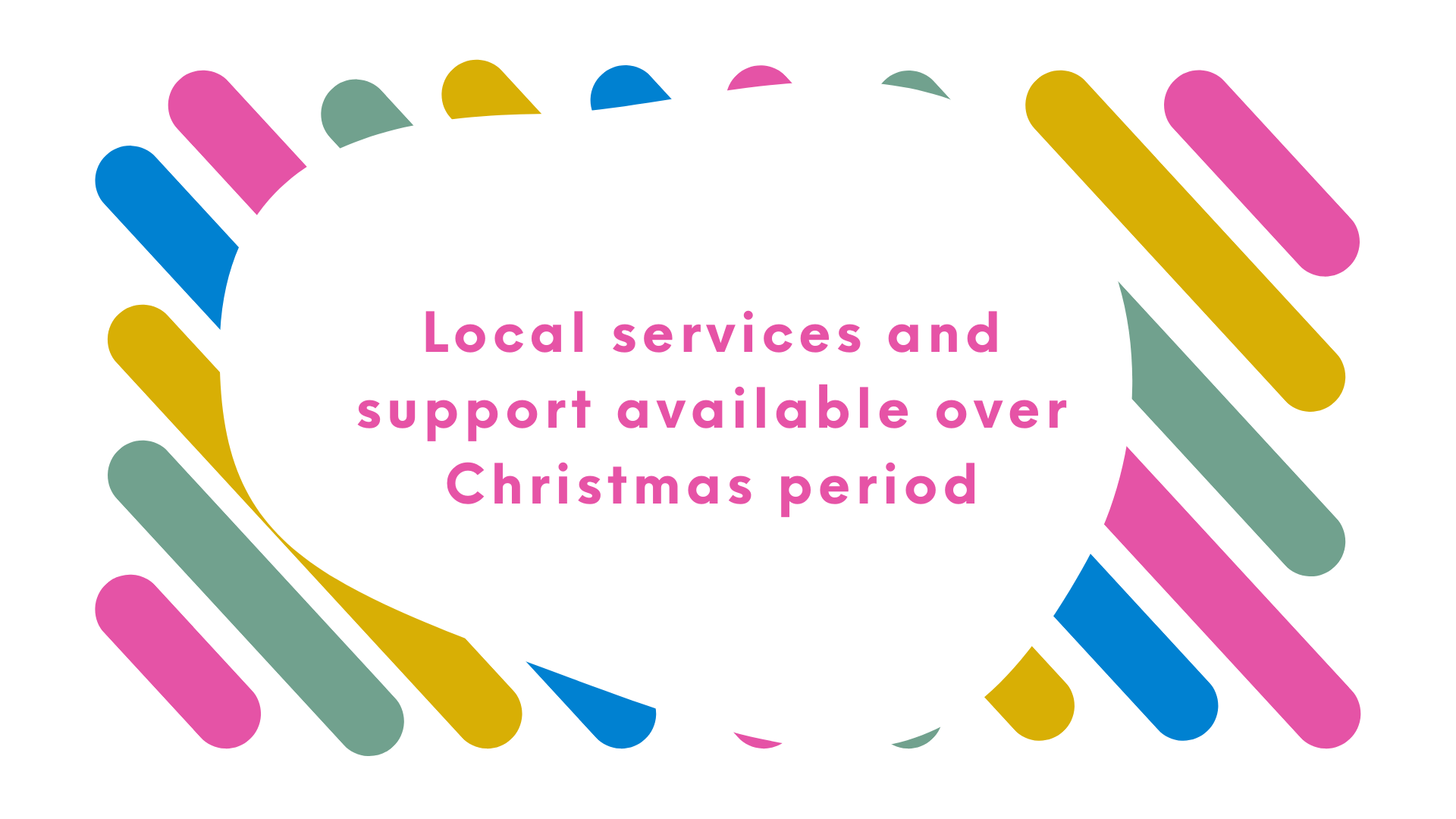Where can I go for support for my mental health as a new parent?
Where can I go for support for my mental health as a new parent?

How will my mental health be affected during pregnancy?
How your mental health is affected during pregnancy depends on many things. These include:
- The type of mental illness you have had already.
- Stopping medication for a mental health problem - you have a high risk of relapse if you do this when you become pregnant. This is more likely if you have had a severe illness, several episodes of illness or a recent episode.
- Recent stressful events in your life (such as a death in the family or a relationship ending).
- How you feel about your pregnancy - you may or may not be happy about being pregnant.
- Upsetting memories about difficulties in your own childhood.
Where can I go for support?
If you live in the UK and are looking for extra support or advice urgently, whether it be on behalf of you or a loved one, there are a number of services you can approach.
If you're in a crisis and need urgent help:
If you don't feel you can keep yourself safe right now, seek immediate help by visiting your nearest Accident & Emergency (A&E) department or call 999.
If you need urgent support but don't want to go to A&E:
- call Samaritans on freephone 116 123 – they're always open and are there to listen
- contact your GP surgery and ask for an emergency appointment
- contact NHS 111
- visit Mind's website for more information
Talk to your health professional
During pregnancy, you can talk to your midwife, GP or health visitor at any time if you're worried about your mental health. They should ask if you have ever had problems with your mental health in the past, and whether you have been bothered by feeling down, hopeless or unable to enjoy things lately.
Don't be afraid to tell your midwife or health visitor how you're feeling. This can help them to identify if you are unwell or might become unwell.
Questions to ask about mental health problems in pregnancy and the year after birth
Knowing the right questions to ask can be difficult, particularly when you are feeling worried or stressed. Take a look a these questions put together by NICE to help you discuss your condition or the treatments you have been offered.
Find support local to you
Netmums provide a search for local mental health support by area or postcode. Take a look at the mental health support available in your area using the link below. If you need further help in finding the right support contact us here
Bump, birth and Beyond is a team of specialist mental health midwives that helped hundreds of women and families each year to get the support they need.They can help you too!
Perinatal Mental Health Community Service (PMHCS) East Kent
Other services that can provide you with support
Action on Postpartum Psychosis (APP)
Postpartum psychosis is a rare but serious mental health illness that can affect a woman soon after she has a baby. Find out more about the symptoms here.
APP offer a peer support service, connecting women and families to recovered volunteers, via: an online peer support forum; one to one email support; meeting a volunteer programme (Skype and in person); social groups and creative workshops.
Guidance for women and their partners that have experienced Postpartum Psychosis can be found here.
Association of Postnatal Illness
Postnatal depression is a type of depression that many parents experience after having a baby. It's a common problem, affecting more than 1 in every 10 women within a year of giving birth. It can also affect fathers and partners. Find out more about the symptoms here.
Get in touch for some friendly advice, or just to talk.
10am – 2pm – 0207 386 0868
Email: info@apni.org
Maternal OCD
Maternal OCD refers to new mums experiencing obsessions and compulsions. Whilst they may vary from patient to patient, a common underlying factor is high levels of responsibility for preventing harm or mistakes.
Get in touch with Maternal OCD for more information and to enquire about their peer support.
Email: info@maternalocd.org
PANDAS
PANDASD help to support and advise any parent experiencing a perinatal mental illness. They can also advise and guide family members, carers, friends and employers as to how they can support someone who is suffering.
9am-8pm daily – 0843 2898 401
Email: info@pandasfoundation.org.uk
Tamba
Twinline is Tamba’s listening service for parents of twins, triplets and more. All the calls are answered by volunteers who have multiples themselves.
10am - 1pm and 7pm - 10pm daily - 0800 138 0509
www.tamba.org.uk/support/twinline
Email: asktwinline@tamba.org.uk
Tommy’s
Tommy’s offers support to women who have suffered the loss of a baby as well as support for those who have had a difficult or traumatic pregnancy, birth or postnatal period.
Monday to Friday 9am – 5pm - 0800 0147 800
Email: midwife@tommys.org
Thank you to the Maternal Mental Health Alliance for working with us to put this list together. Take a look at their work online.
Are you a new parent? Have you experienced mental health problems during or after pregnancy?











